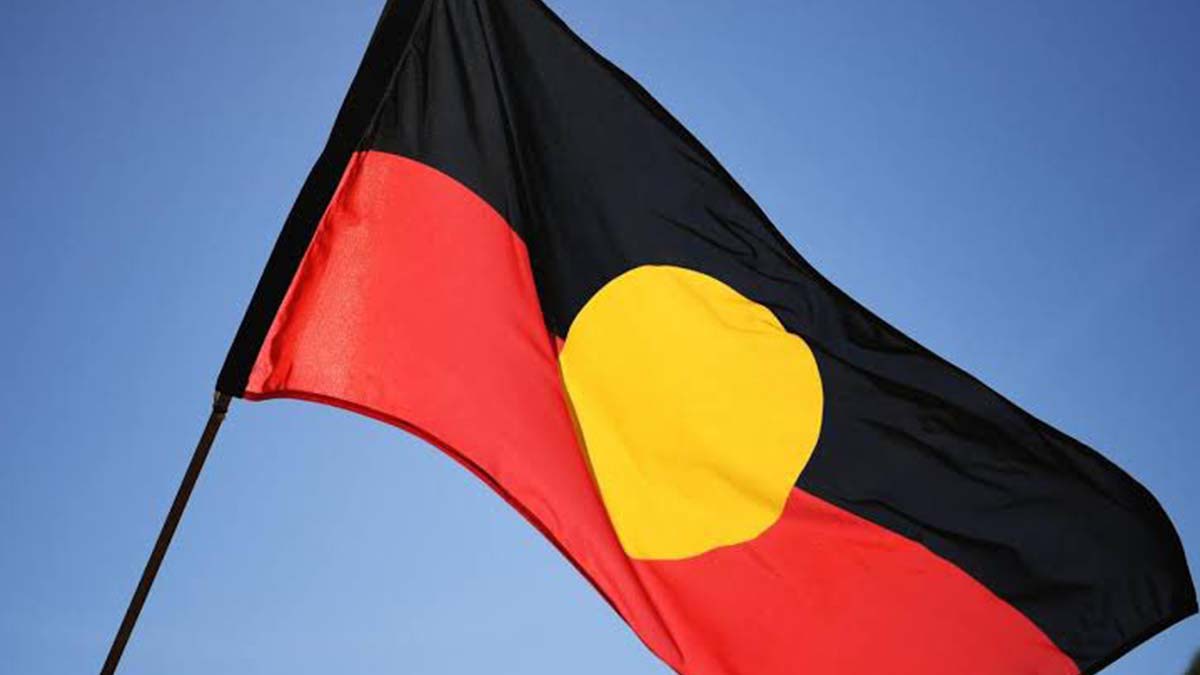Advocacy
January 26 – the meaning and impact for First Nations People
Written byChristine Tondorf
Published on27 Jan, 2022

The date of 26 January 1788 marked the proclamation of British sovereignty over the Eastern seaboard of Australia. January 26 has many meanings and perspectives for all Australians. The majority of First Nations People experience this day as:
- Day of mourning: The Day of Mourning was a protest held by Aboriginal Australians on 26 January 1938, the 150th anniversary of the arrival of the First Fleet, which marked the beginning of the colonisation of Australia.
- Invasion: For many First Nations people this day is recognised as Invasion Day. Because from this day in 1788 onwards, First Nations people suffered massacres, land theft, stolen children and widespread oppression at the hands of the colonising forces.
- Survival Day: Celebrates the strengths of Aboriginal & Torres Strait Islander cultures, practices, contributions, talents and Peoples. Recognises our survival from past extermination and assimilation practices. Survival of the Stolen Generation and that we are a proud and strong Peoples.
Many people may not realise just how recent much of this history is. In fact, there are people alive today who were:
- Until the mid-60s, Indigenous Australians came under the Flora and Fauna Act, which classified them as animals, not human beings. This also meant that killing an indigenous Australian meant you weren’t killing a human being, but an animal.
“I was a child. It still staggers me that for the first 10 years of my life, I existed under the Flora and Fauna Act of NSW.” Linda Burney MP
- Forcibly removed from their parents under government policy. Children stolen from their families, creating the Stolen Generation.
- Banned in towns after 6pm. Not allowed to be in public areas without permission.
- Barred from schools and hospitals. Forced to work in the homes of non-Indigenous people and had their earnings permanently withheld by the government which created stolen wages.
January 26 is a reminder of our collective experiences of exclusion, racism, control and discrimination. The impacts to invasion are still hurtful and January 26 is a day that brings those strong and overwhelming feelings to the surface. Those feelings contribute to psychological distress and decline in social and emotional wellbeing (SEWB).
Aboriginal People Respond To “Australia Day”
https://www.youtube.com/watch?v=G8czHlPYXew&t=2s
Reconciliation Australia promotes the 26 January is an opportunity to promote truth-telling, understanding, respect, healing and reconciliation. Reconciliation Australia promotes respectful, just and equitable communities for Aboriginal and Torres Strait Islander Australians and all people in Australia.
Social Futures works to create positive social change in strong communities where people thrive. We believe that reconciliation is everyone’s business.
Themes of 26 January:
- Treaty: A treaty is an international agreement concluded in written form between two or more States (or international organisations) and is governed by international law. A treaty gives rise to international legal rights and obligations.
- Uluru Statement from the Heart: The Uluru Statement from the Heart outlines the path forward for recognising Indigenous Australians in the nation’s constitution. It asks Australians to change the constitution to allow Indigenous Australians a voice in the laws and policies that are made about them.
Suggested Activity:
Suggested self-reflection questions to help us all better understand why January 26 is significant for Aboriginal and Torres Strait Islander colleagues and the impacts for them on this day:
- What does Jan 26 mean to you?
- How do you spend the day on Jan 26?
- Am I willing to use my privilege to help others? How can I do that?
- How can you have a better understanding on the impacts and experiences of your First Nations colleagues?
How can you support a more inclusive experience?
- Review Social Futures RAP Innovate Reconciliation plan below to see how you can be proactive in the process of learning and truth telling.
- 6 ways to stand in solidarity with Indigenous Australians this Survival Day https://www.erc.org.au/survival_day
- Enjoy local cultural events and activities.
- Learn more about the local Aboriginal history.
Resources:
by Michele Laurie, Senior Manager Aboriginal Leadership and Engagement at Social Futures. This learning is from an Aboriginal perspective however perspectives will vary due to the diversity of culture and experiences.
